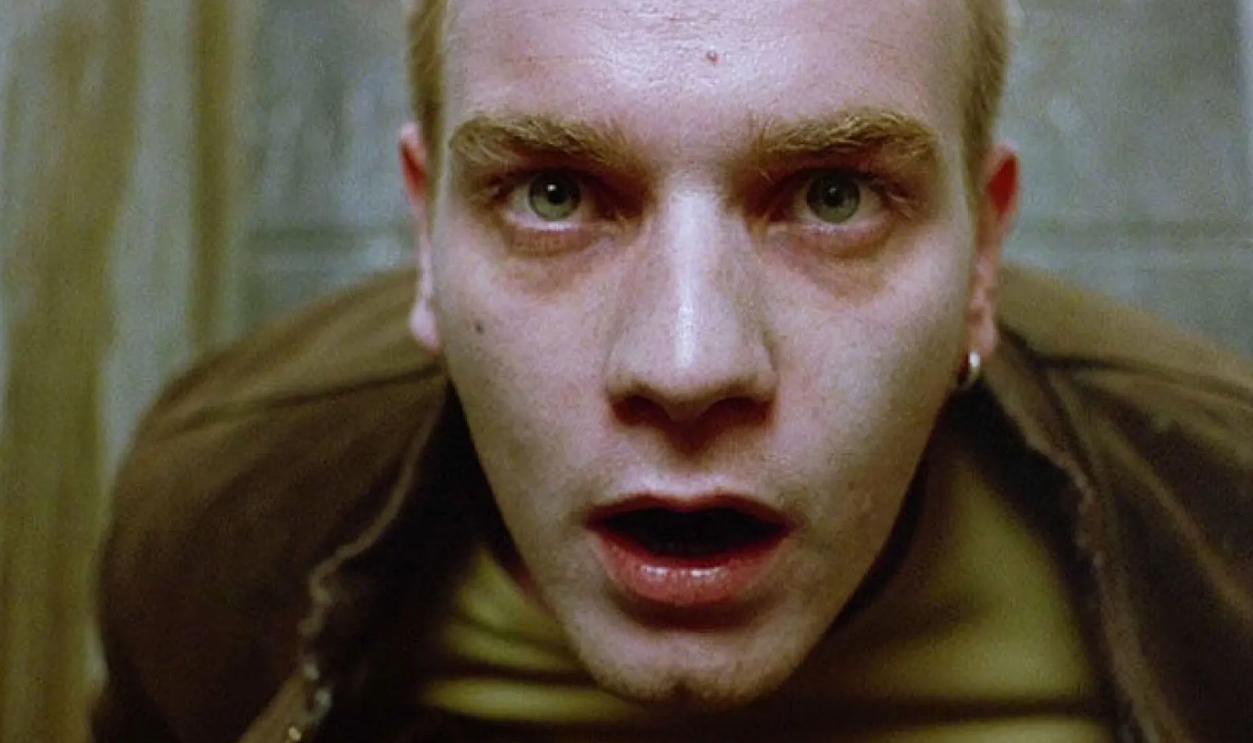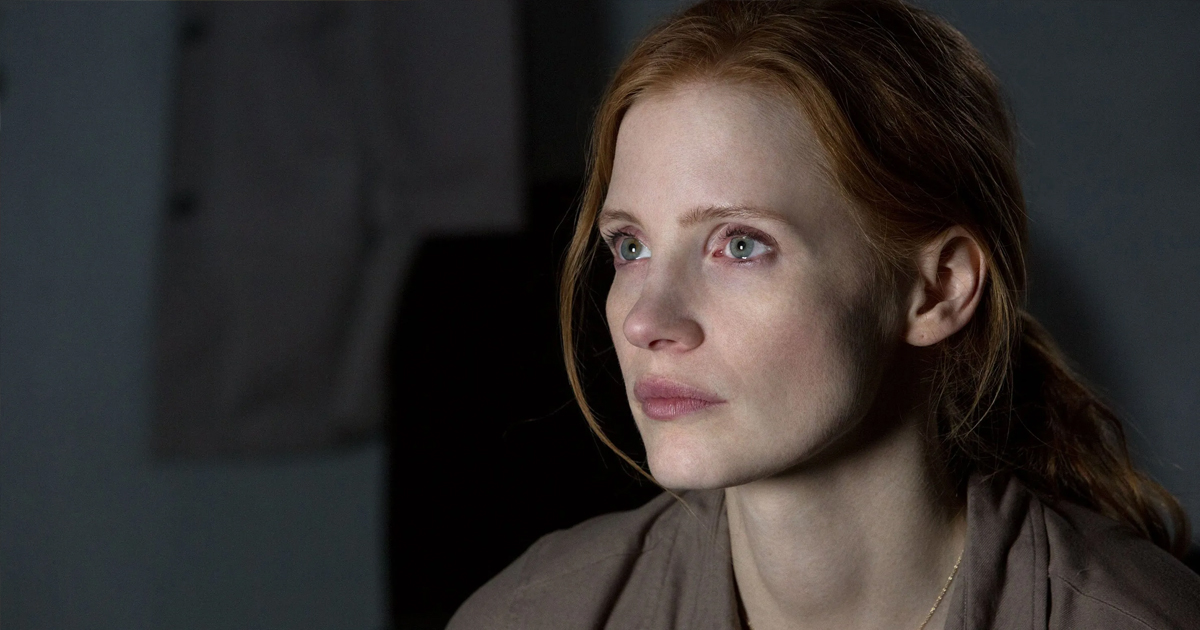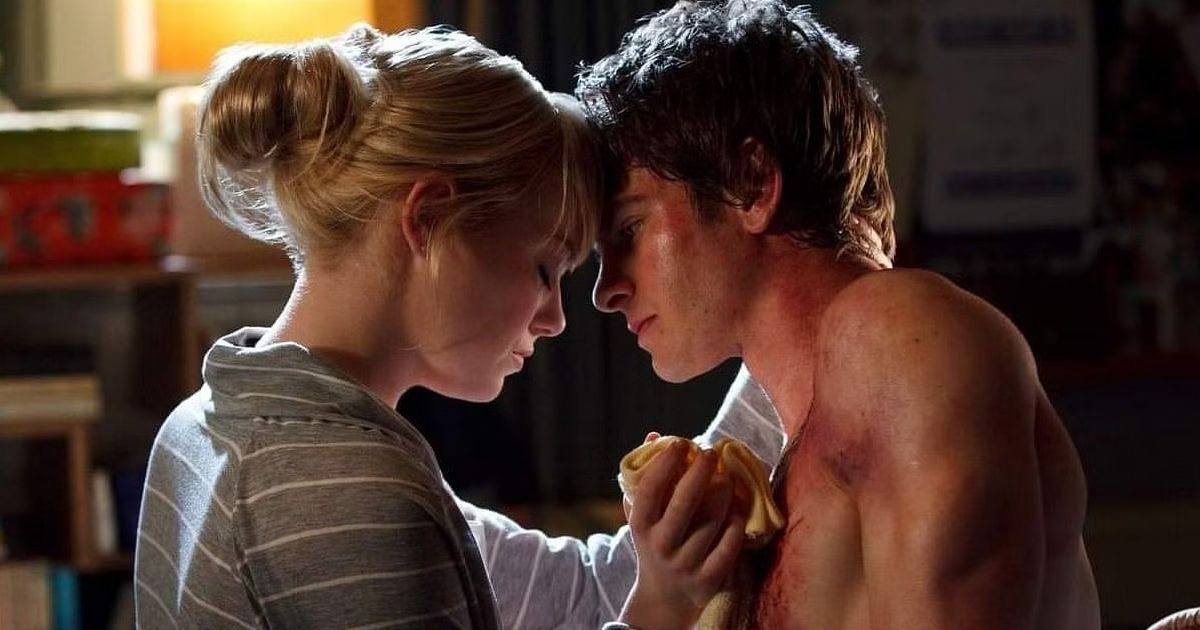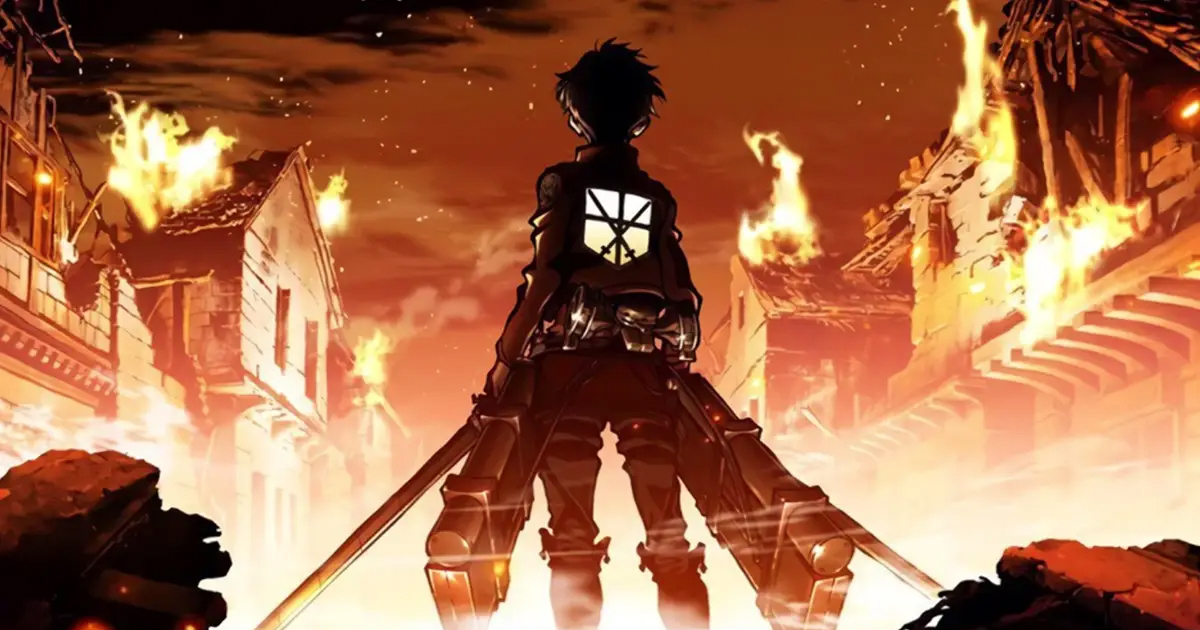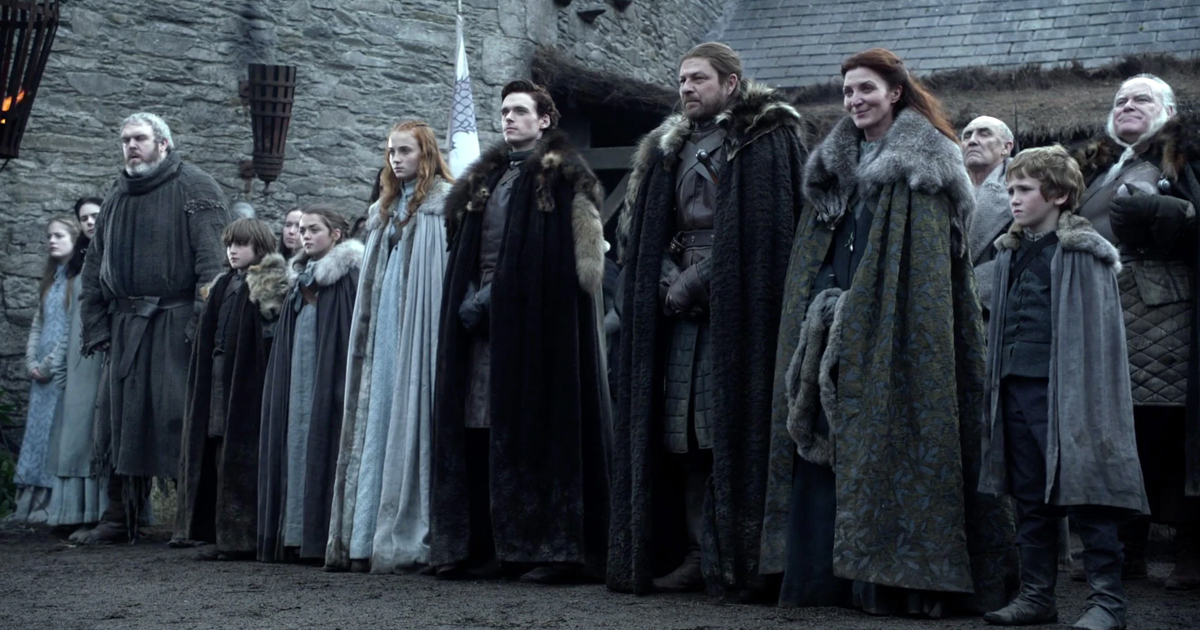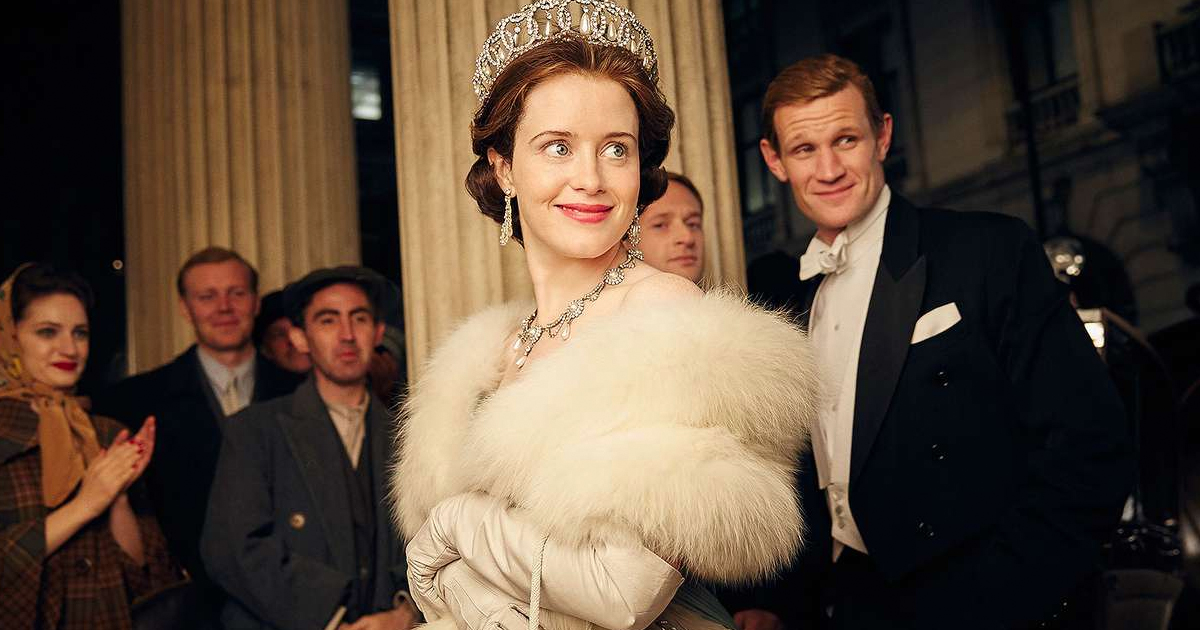Scenes That Had Us on the Edge of Our Seats
Movies have the power to grip us, leaving us glued to the screen in suspense, fear, or awe. Some scenes are so intense that looking away isn’t an option—your heart races, your palms sweat, and you can’t breathe until it’s over. Let's take a look back at some of the most riveting scenes in cinema history.
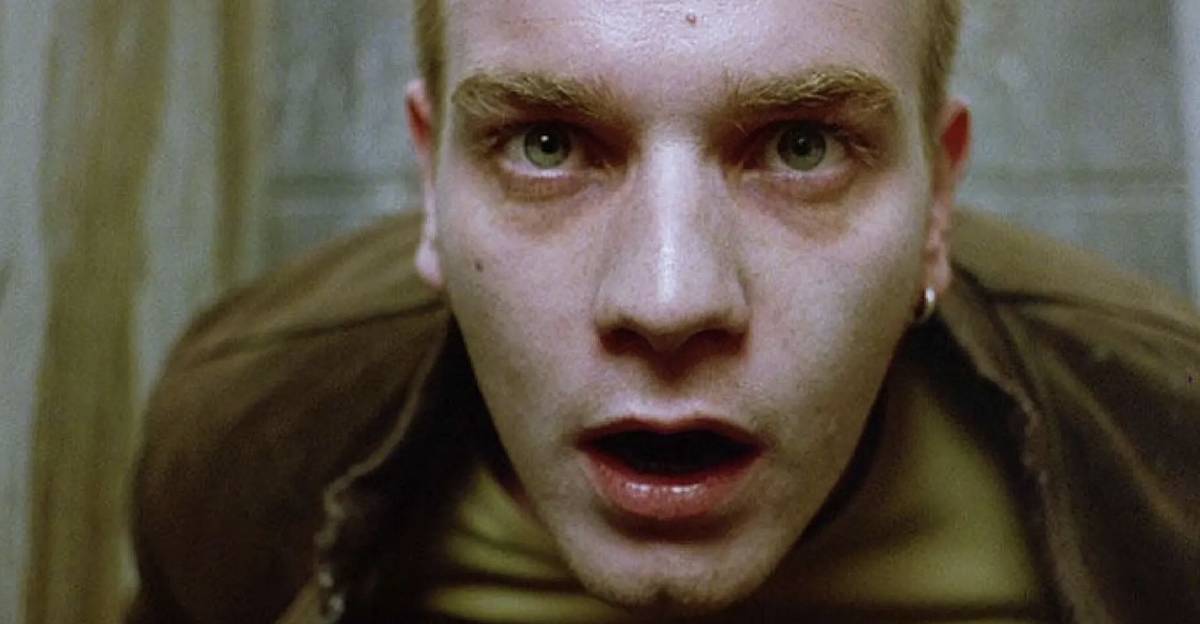
No Country For Old Men – The Coin Flip
Anton Chigurh’s calm and clinical coin toss in a dusty gas station spins life or death on a silent whim. The randomness underscores the terrifying notion of fate, stripping away control and leaving only cold inevitability. What makes the scene linger is not just the outcome but the chilling certainty that the man across the counter has no comprehension of the stakes, making the tension suffocating.
 Miramax Films, No Country for Old Men (2007)
Miramax Films, No Country for Old Men (2007)
Children Of Men – The Escape Scene
A gut‑clenching, unbroken single shot propels Theo and Kee through mayhem, lurching between hope and horror. The camera never cuts, forcing us to share their terror without respite. Blood splatters the lens, smoke clouds vision, and soldiers swarm, but the unrelenting focus maintains a visceral realism. You feel like an unwilling participant, trapped in the chaos of a collapsing world.
 Universal Pictures, Children of Men (2006)
Universal Pictures, Children of Men (2006)
Marathon Man – “Is it Safe?”
Laurence Olivier’s detached menace while drilling into Dustin Hoffman’s character haunts. The sterile office and polite tone of questioning contrast horrifyingly with the violence. What makes it even worse is the banality; ordinary objects like a dental drill are weaponized, creating fear from the familiar. Each scream punctuates the slow erosion of safety, making viewers squirm with helpless dread.
 Paramount Pictures, Marathon Man (1976)
Paramount Pictures, Marathon Man (1976)
Jurassic Park – Raptors In The Kitchen
Time slows as children cower while velociraptors stalk just beyond nearby glass. Claws scrape metal, reflections mislead, and sudden bursts of noise jolt nerves. Spielberg builds unbearable suspense through silence broken by chaos. The brilliance lies in the vulnerability of children against primal predators, turning an everyday setting into a battlefield of survival.
 Universal Pictures, Jurassic Park (1993)
Universal Pictures, Jurassic Park (1993)
Sicario – Border Crossing
In a sun-baked traffic jam at the US–Mexico border, silence hangs unnaturally before eruption. Every driver, every mirror reflects nervous energy. Suddenly, mundane lanes transform into a killing ground. Villains and innocents blend, the line between them blurred by chaos. The cinematography keeps us guessing, reminding viewers that danger often lies hidden beneath normalcy, waiting for one spark to ignite an inferno.
Full Metal Jacket – The Sniper
Urban corners turn lethal when unseen enemy fire rains down. Each soldier’s face registers a mix of fear and determination. The invisible sniper becomes a symbol of faceless war. As comrades fall, the silence between gunshots is more deafening than the cracks themselves. By the time the sniper is confronted, we’ve endured every heartbeat of their torment, stripped raw by war’s brutality.
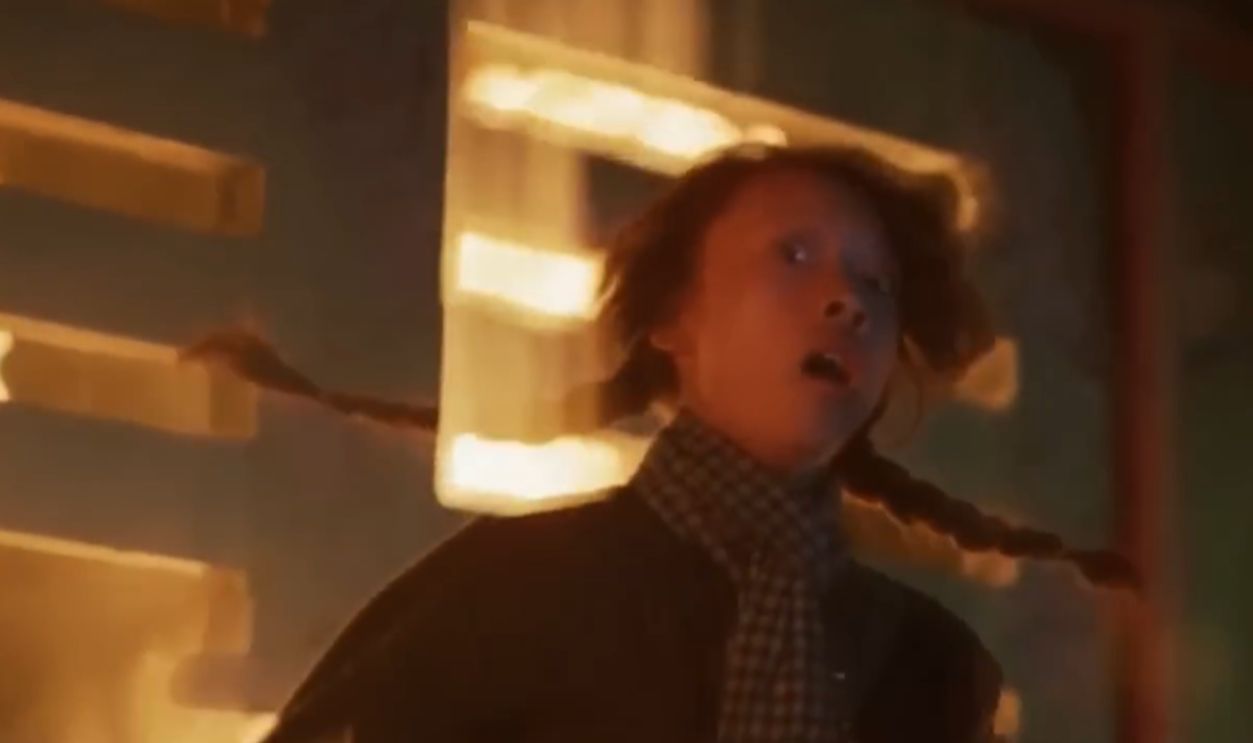 Warner Bros., Full Metal Jacket (1987)
Warner Bros., Full Metal Jacket (1987)
Trainspotting – Renton Goes Cold Turkey
Withdrawal becomes visual and visceral: the carpet morphs beneath him, faces melt, dead friends flicker. Renton’s delirium is a descent into personal hell, both terrifying and heartbreaking. The grotesque visions, like the baby crawling on the ceiling, transcend horror into despair. What makes the sequence so gripping is its honesty: it captures addiction not as spectacle, but as a war for survival against one’s own mind.
 PolyGram Filmed Entertainment, Trainspotting (1996)
PolyGram Filmed Entertainment, Trainspotting (1996)
127 Hours – Cutting Loose
James Franco’s Aron Ralston confronts a gruesome decision: to survive, he must amputate his own arm. The unflinching sound design, veins snapping and nerves screaming, makes it almost unbearable to watch. The handheld camerawork mirrors Aron’s own unstable perspective, forcing us into his agony. When he finally breaks free, it’s not triumph but exhaustion. The victory is survival, paid in unimaginable suffering.
 Fox Searchlight Pictures, 127 Hours (2010)
Fox Searchlight Pictures, 127 Hours (2010)
Pulp Fiction – The Adrenaline Shot
After Mia overdoses, Vincent Vega’s frantic drive becomes a race against time, his panic amplifying our fear. When the adrenaline shot slams into her chest, the world holds its breath. The grotesque violence of revival underscores the razor-thin line between life and death. The mix of grim comedy and raw terror makes it one of Tarantino’s most unforgettable and electrifying moments.
The Blair Witch Project – Going Into The Basement
Darkness becomes your worst enemy here. Handheld terror, muffled breathing, and unseen threats build suffocating tension. The camera’s chaos feels authentic, forcing the audience into panic. When the final image freezes on a figure facing the wall, the absence of explanation is what terrifies most. It leaves imagination to conjure horrors greater than anything seen, ensuring sleepless nights.
 Artisan Entertainment, The Blair Witch Project (1999)
Artisan Entertainment, The Blair Witch Project (1999)
Alien – The Death Of Dallas
Ventilation shafts become a claustrophobic labyrinth as Dallas hunts the alien. Radar beeps quicken, breaths grow shorter, shadows tease menace. The sudden cut to static silence when death strikes is devastating. The creature’s presence is more terrifying because it remains unseen until the final moment. Ridley Scott weaponizes our imagination, proving that what we don’t see can terrify far more than what we do.
 20th Century Fox, Alien (1979)
20th Century Fox, Alien (1979)
Misery – Paul’s Attempted Escape
Each floorboard squeak as Paul inches forward under Annie’s control becomes deafening. The tension peaks when he finds hope in escape, only to be snatched back. Kathy Bates’ unpredictability transforms every movement into risk. The scene epitomizes captivity horror: freedom is so close it hurts, but the cruelty of inevitability reminds us escape is often an illusion.
 Columbia Pictures, Misery (1990)
Columbia Pictures, Misery (1990)
The Deer Hunter – Russian Roulette
The spinning revolver cylinder, the sweat dripping down temples, and quivering hands turn chance into torment. The randomness of survival mirrors the uncontrollable chaos of war itself. Every click of the trigger is a thunderclap of dread. The horror comes not from gore, but from anticipation: the unbearable possibility that the next moment could end everything.
 Universal Pictures, The Deer Hunter (1978)
Universal Pictures, The Deer Hunter (1978)
Silence of the Lambs – Buffalo Bill’s Basement
Clarice gropes through pitch-black corridors, her gun useless against what she cannot see. Buffalo Bill’s night vision renders her prey, her vulnerability heightened by blindness. The camera’s perspective becomes the predator’s, turning us complicit in the hunt. The terror peaks when survival hinges on instinct, not sight, leaving an indelible mark on horror cinema.
 Orion Pictures, The Silence of the Lambs (1991)
Orion Pictures, The Silence of the Lambs (1991)
Goodfellas – “Do You Think I’m Funny?”
Joe Pesci’s sudden shift from playful to menacing is electrifying. His friends’ nervous laughter mirrors the audience’s unease. At any second, humor could flip into violence. What makes it legendary is unpredictability—Pesci embodies chaos incarnate. In the criminal underworld, power rests on fear, and this scene demonstrates how quickly conversation can spiral into lethal confrontation.
 Warner Bros., Goodfellas (1990)
Warner Bros., Goodfellas (1990)
The Good, the Bad and the Ugly – Mexican Standoff
Three guns, three men, three conflicting motives. The close-ups on twitching eyes, hands hovering over holsters, and sweat dripping build excruciating suspense. Morricone’s score crescendos like a ticking time bomb. Every second stretches eternity, until finally, bullets release the tension. The scene has since become the gold standard for cinematic showdowns.
 United Artists, The Good, the Bad and the Ugly (1966)
United Artists, The Good, the Bad and the Ugly (1966)
Inglourious Basterds – The Tavern Scene
A casual card game descends into unbearable tension when a spy reveals himself with a wrong hand gesture. Tarantino squeezes suspense from silence and politeness. Every smile masks danger, every pause could be deadly. When violence erupts, it’s sudden and brutal, confirming what we feared all along: in that room, survival was never guaranteed.
 Universal Pictures, Inglourious Basterds (2009)
Universal Pictures, Inglourious Basterds (2009)
Snatch – The Rigged Boxing Match
The scene builds chaos with humor, violence, and unpredictability. Mickey, thought to be controlled, flips the outcome in a single blow. The criminal web surrounding him unravels instantly. Guy Ritchie mixes absurdity with brutality, making the knockout both shocking and satisfying. The crowd’s stunned silence before panic erupts magnifies the moment’s intensity.
 Columbia Pictures, Snatch (2000)
Columbia Pictures, Snatch (2000)
Mad Max: Fury Road – The Race To The Citadel
Engines roar, explosions bloom, and sandstorms swallow the horizon. Every frame is a painting of chaos. The War Boys’ frenzy and Furiosa’s determination transform the chase into a ballet of destruction. The scene never pauses to breathe, relentless in its momentum. The sheer scale makes it an overwhelming sensory assault, unmatched in modern action cinema.
 Warner Bros., Mad Max: Fury Road (2015)
Warner Bros., Mad Max: Fury Road (2015)
A Few Good Men – The Courtroom Scene
Legal argument becomes verbal warfare as Tom Cruise and Jack Nicholson face off. Nicholson’s eruption of 'You can’t handle the truth!' embodies raw defiance. The power dynamic shifts instantly, revealing moral corruption. What grips audiences is not just the acting but the stakes—the law itself bent by truth too brutal to accept.
 Columbia Pictures, A Few Good Men (1992)
Columbia Pictures, A Few Good Men (1992)
The Pursuit of Happyness – Chris Gets A Job
After endless rejection, Chris Gardner finally hears the words that change everything. His tears, restrained but overflowing, convey exhaustion and relief. The room is silent, letting emotion speak. The power comes from relatability: struggle, hope, and triumph distilled into a single moment, inspiring anyone who has faced impossible odds.
 Columbia Pictures, The Pursuit of Happyness (2006)
Columbia Pictures, The Pursuit of Happyness (2006)
Room – The Escape
Jack’s desperate attempt at freedom unfolds through suffocating detail—the rug, the truck bed, the stranger’s suspicion. Each step could collapse the plan. The sequence grips by showing escape as fragile, survival depending on a child’s courage. When daylight finally arrives, the relief is overwhelming, making the audience feel reborn alongside him.
The Exorcist – The Final Exorcism
Faith and evil collide in a room turned battlefield. Regan’s convulsions, demonic roars, and priests’ desperation make the sequence almost unbearable. The tension crescendos until sacrifice becomes the only way forward. It’s not just a horror climax but a meditation on humanity, belief, and resilience in the face of unspeakable darkness.
 Warner Bros., The Exorcist (1973)
Warner Bros., The Exorcist (1973)
The Departed – Frank Interrogates Billy
Jack Nicholson’s Frank slithers between charm and menace. The unpredictability in his tone keeps Billy—and the audience—paralyzed. The subtle hints of violence never realized amplify the dread. The tension lies in uncertainty: is this conversation just talk, or a prelude to inevitable bloodshed?
 Warner Bros., The Departed (2006)
Warner Bros., The Departed (2006)
Scarface – The Final Shootout
Tony Montana’s coked-up final stand is chaos incarnate. Grenades explode, bodies fall, and Tony’s fury seems unstoppable. What grips us isn’t his invincibility but his downfall: the inevitability of hubris. The scene crescendos into operatic excess, immortalizing his demise as both tragic and iconic in cinematic history.
 Universal Pictures, Scarface (1983)
Universal Pictures, Scarface (1983)
You May Also Like:
The Most Satisfying Movie Revenge Scenes
Movie Scenes That Became Viral Memes

